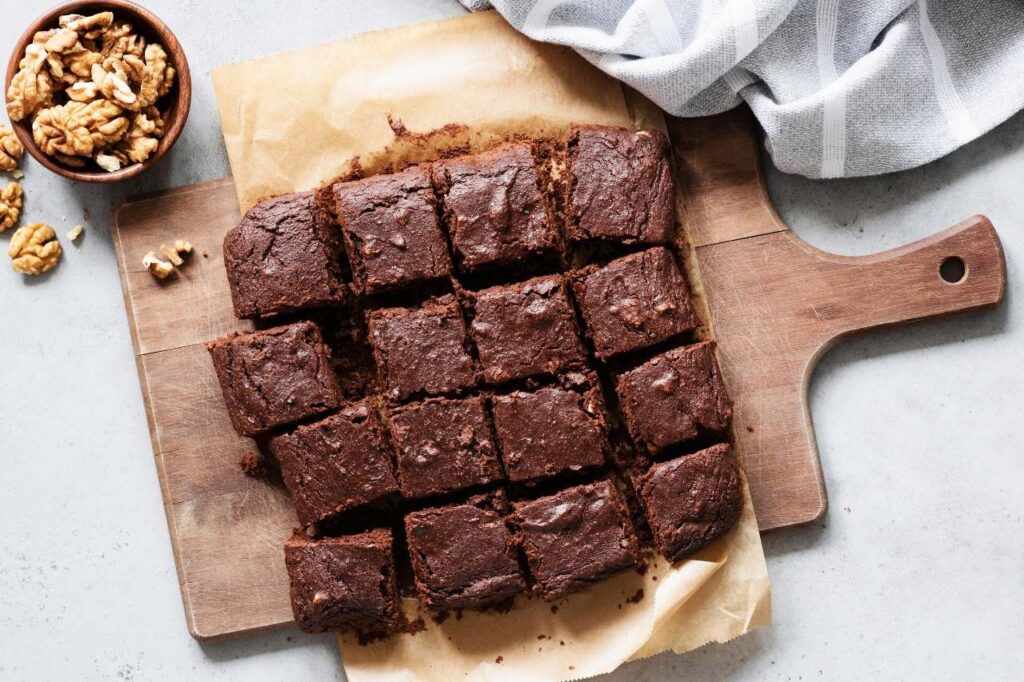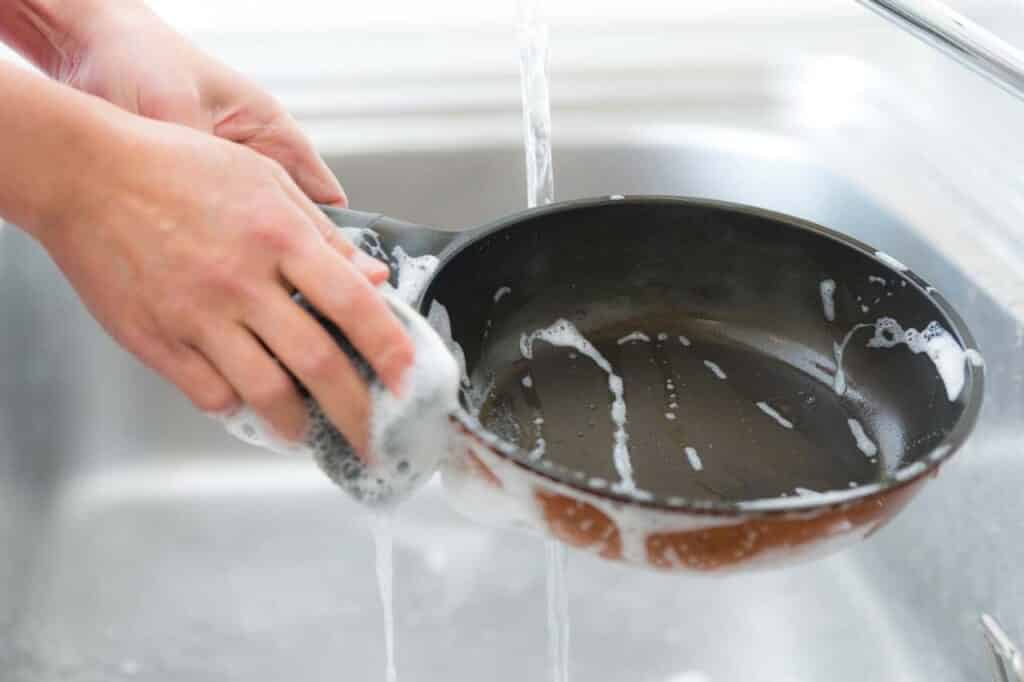Steam tables may be a fantastic buy and a critical element of everyday work for every food service company that prefers to continue meals on countertops and warm them to acceptable levels. Yet, there are many points to note regarding steam tables, including how hot must food be kept in a steam table.
A steam table is a self-serve restaurant supplier that allows you to serve hot, freshly made meals quickly. Catering companies, restaurants, buffets, cafés, and anybody else who has to offer a mass of hungry customers a delightful spread of cooking while keeping properly prepared food temps utilize steam tables.
This article is for you since you’ve questioned how hot must food be kept in a steam table. How hot must food be kept in a steam table, and how does that affect the food’s temperature? In this blog, we’ll get through how hot must food be kept in a steam table.
What Is A Steam Table?
Everybody in the hospitality industry is aware of steam tables and their ability to keep meals hot for an extended time. Steam tables are tabletop food heating devices that use hot water to maintain food at quite a correct temperature using radiant heat. In either high-volume company, a steam table is a sort of food storage equipment created to keep meals warm.
It’s vital to keep in mind that such devices might have a variety of terms associated with them. Based on whether water was utilized inside the pan or far above the heating element, such tables keep hot meals at optimal serving temperatures during dinner service by using wet or dry heating.
Precooked meals which are already at suitable precooked meals holding temps are placed on steam tables. They’re meant to be suitable for self-service, and you should always use steps to make sure with extreme temperatures.
Keeping food hot on a steam table is to ensure that it is hot enough to be served to customers. It follows the idea of thermal radiation, which states that keeping food near heated goods will keep it warm enough. A heat source is present in a steam table. The heat source could be exposed or sealed and can be gasoline or electric.
Steam tables use water to generate steam which gently warms the cooking pans, keeping food warm. The heat source does not directly contact water; instead, it heats the air beneath it.
This approach ensures uniform heating and maintains the right temperature in all the meal dishes. The heated water is then filled with a meal platter. This water’s warmth spreads into the dish, establishing a higher heat capacity that preserves the food fresh.
How Long Do Brownies Take To Cool? Read Here.
What Temp Should Steam Tables Be kept?
The HACCP system, or Hazard Analysis and Critical Control Point, is an authoritative scientific examination of food standards commonly utilized in food service. The HACCP danger zone is around 40 and 140 degrees Fahrenheit, indicating that the meal should be over 140°F also to be maintained fresh on a steam table.
How Hot Must Food Be Kept In A Steam Table?
Food served on a restaurant’s steam table is kept constant, safe temperature. Hot food on the steam table should only be held at 135 degrees F or greater to fulfill food safety practices. Also, they must always be maintained at least 145°F (63°C). Hot food should thus be kept at a temperature of 63°C or above, with a few exemptions.
Your food will be hygienic, and microorganisms will be kept at bay! Chilled goods must be stored at or above 40°F (4.4°C). Set a steam table ¼ to half-filled with water to maintain meals warm, based mostly on usage period and type.
Control the temperature at 140 degrees Fahrenheit (60 degrees Celsius), which would be good since it is neither too cold nor hot. After that, take note of the food’s heat and maintain it just above 145°F (63°C). And that is how hot must food be kept in a steam table.
How Longer Can Food Be Kept Warm On a Steam Table?
A steam table can often retain hot meals for 3-4 hours or perhaps even longer. It is decided by how well the dish was prepared when it was ready. Unlike heaters, steam tables use a heating element to ensure a steady degree.
And that is why steam tables could keep meals warm for longer periods than traditional warmers. Steam tables control the meal’s heat well above the danger zone, reducing the risk of microbial infection.
How to Keep Pasta Warm? Take A Minute and Read This.
Why Is It So Crucial To Keep Food At A Specific Temperature?
Poor cooking, chilling, reheating, hot storage, and cold retaining of meals are the leading causes of foodborne pathogens. Disease-causing microorganisms, usually found in the meals, and those acquired by unintentional exposure, will develop more swiftly and gradually when cooked food is kept within that temperature danger zone.
The danger of foodborne sickness rises as the quantity of disease-causing germs grows, so hot meals must always be kept well above 135 degrees Fahrenheit.
The heat sanitizes the food, making it safer to eat. It also keeps the food warm and soft, keeping it flavorful and preventing the food from becoming stiff and dry. The food is heated on the steam table by passing air over hot water. This keeps the food hot, so it is ready to be served when it is needed.
Conclusion
In our quick tutorial, we’ve clarified “how hot must food be kept in a steam table?” It is quite practical to use steam tables. The food is not cooked on the steam table.
Steam tables aren’t meant to reheat meals quickly, and they’re solely intended to hold hot items. After reading the articles, you may have no trouble getting the steam table and keeping track of the proper temperatures during the day.



Pingback: Can you freeze oysters? - Comprehensive guide | homebec.com